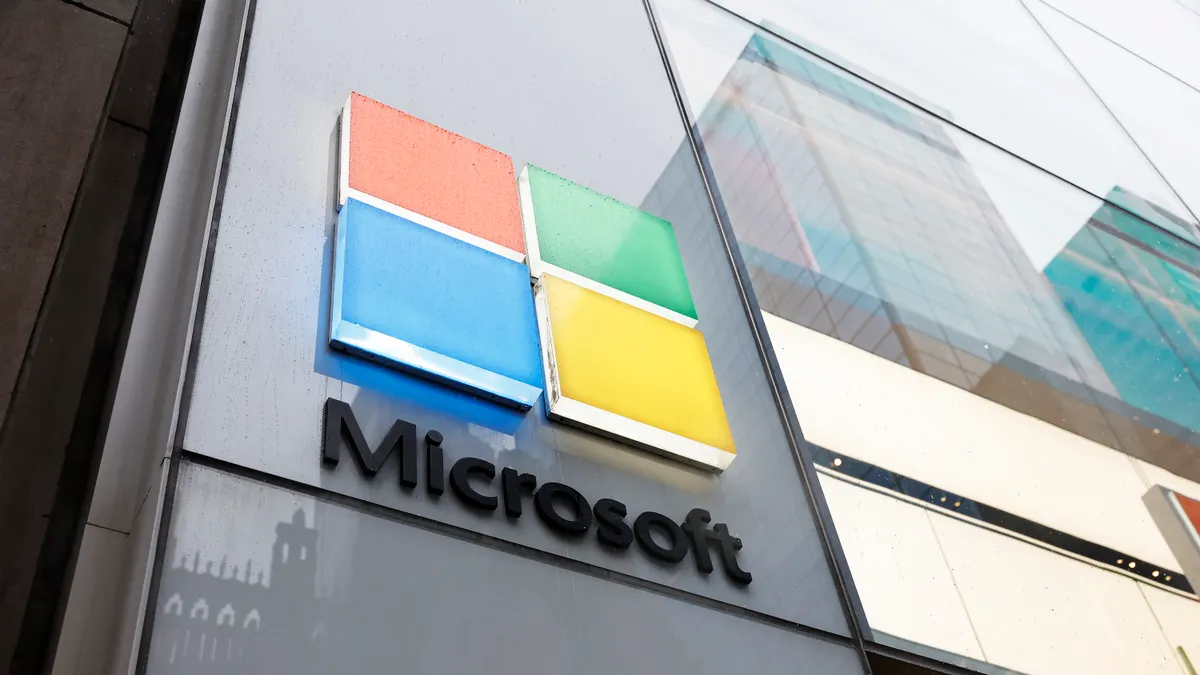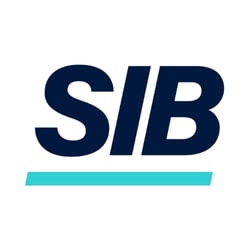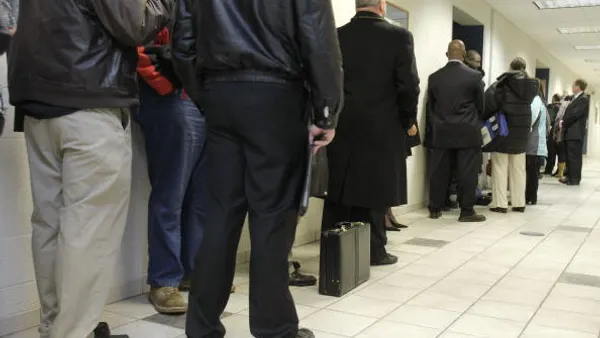Dive Brief:
- Microsoft — which has been drawn into the crossfire around the tech industry’s use of the H-1B visa program that allows U.S. employers to employ foreign skilled workers in specialty occupations — rejected criticism which tied its recent layoffs to the company’s reliance on foreign worker visas.
- “Our H-1B applications are in no way related to the recent job eliminations in part because employees on H-1B’s also lost their roles. In the past 12 months, 78% of the petitions we filed were extensions for existing employees and not new employees coming to the U.S.,” the company said in a statement emailed to CFO Dive by a spokesperson.
- Vice President JD Vance last week called out the tech company for laying off American workers while relying heavily on immigrant labor through the visa program, questioning the economic logic and ethics of the dual moves, Newsweek reported. “I don't want companies to fire 9,000 American workers and then to go and say, 'We can't find workers here in America,'” Vance reportedly said at a bipartisan event Wednesday.
Dive Insight:
The scrutiny of Microsoft’s use of the visa program comes at the end of a month in which the company announced that it will lay off about 9,000 employees across different teams in its global workforce. It’s not the first time the H-1B program has drawn fire: in December it sparked a heated debate on social media among key backers of Trump, with the Department of Government Efficiency (DOGE) then co-leads Elon Musk and Vivek Ramaswamy voicing support for it while some conservatives, including former South Carolina governor and former presidential candidate Nikki Haley, rallied against hiring workers from outside the U.S.
The H-1B visa program is a tool that tech industry finance and human resource leaders have used to draw top talent no matter where they are located.
For example, before the start of the Trump administration’s second term Intuit CFO Sandeep Aujla pushed back against a protectionist view of the skilled labor market in an interview with CFO Dive, defending the visas and warning against the country becoming isolationist, asserting the importance of allowing access to the global talent pool.
But, in addition to raids by the U.S. Immigration Customs Enforcement of certain farms and other employers of undocumented workers, by April the new administration’s crackdown on immigration appeared to be chilling companies’ prospects for getting visas for white-collar jobs too, with immigration lawyers saying they were already starting to see sharper vetting of work authorizations, CFO Dive previously reported.
Last week the newly-minted director of the U.S. Citizenship and Immigration Services, Joseph Edlow, signaled that more change is coming, saying the Trump administration is planning to target the process that grants H1-B visas to skilled foreign workers, The New York Times reported Friday. Edlow asserted that the system that is now a lottery should favor companies who pay foreign workers higher wages, according to the report.















